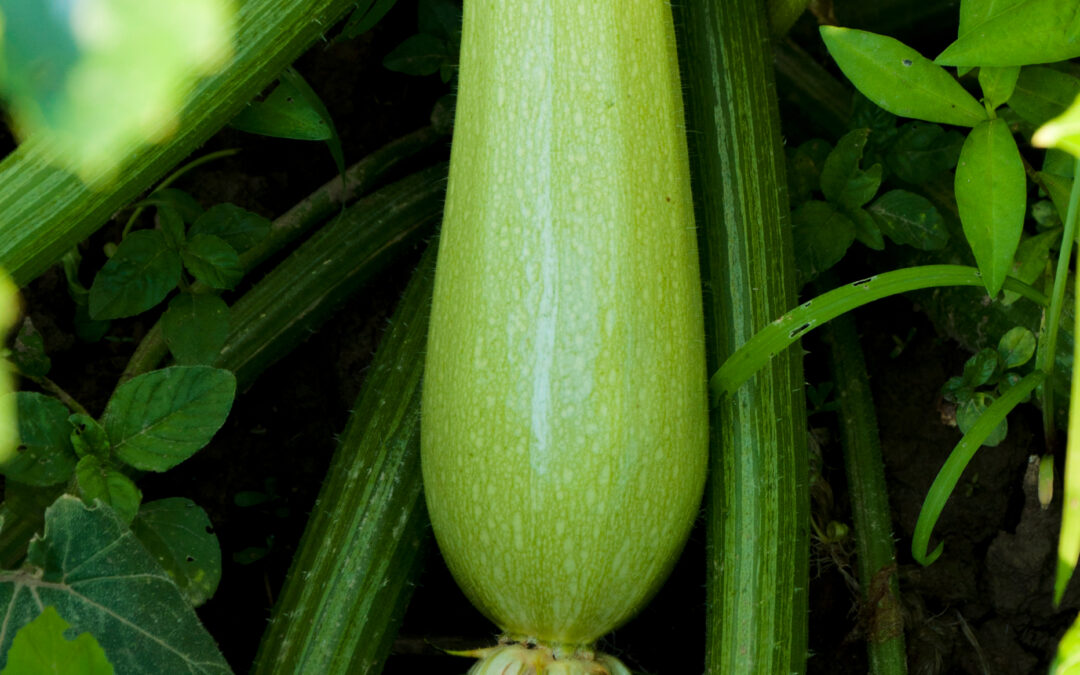Organic gardening is a method of growing plants without the use of synthetic fertilizers or pesticides. It relies on natural methods to maintain soil health, control pests, and promote plant growth. Many people are turning to organic gardening as an alternative to traditional gardening because they believe it’s better for their health and the environment. But what exactly are the pros and cons of choosing organic gardening? Let’s take a closer look.

Introduction to Organic Gardening
Organic gardening involves using natural materials like compost, manure, and mulch to nourish your plants instead of chemical-based fertilizers. You also avoid using synthetic pesticides that can harm beneficial insects and contaminate groundwater. Instead, you rely on natural predators like ladybugs and lacewings to keep pests under control. By choosing organic gardening, you’re promoting sustainability and reducing your carbon footprint.
The Pros of Choosing Organic Gardening
1. Better Taste: Food grown in organically maintained gardens often has a richer flavor than those grown with conventional methods. This is because organic farming focuses on building healthy soils which results in more nutrient-dense produce.
2. Healthier Soil: Organic gardening practices such as adding compost and other organic matter to the soil help improve its structure and texture, making it easier for roots to grow and absorb nutrients. Over time, this leads to healthier soil that can support stronger plants.
3. Reduced Pest Problems: While organic gardeners may have to deal with some pest issues, they tend to be less severe compared to conventionally managed gardens. This is because organic gardening encourages the presence of natural enemies that prey on common garden pests.
4. Environmental Benefits: Organic gardening reduces pollution by eliminating the use of synthetic chemicals that can leach into water sources and harm wildlife. Additionally, it helps reduce greenhouse gas emissions by sequestering carbon in the soil.
The Cons of Choosing Organic Gardening
1. Higher Cost: Organic gardening can be more expensive due to the cost of organic products and equipment needed to manage pests and diseases.
2. More Labor Intensive: Organic gardening requires more manual labor since you need to monitor pests regularly and apply organic solutions rather than relying on automated systems.
3. Slower Growth Rates: Plants grown organically may not grow as quickly as those grown with synthetic inputs, especially during the first few years of transition from conventional to organic management.
Tips for Starting an Organic Garden
1. Start small: Begin with a small plot and work your way up as you gain experience.
2. Use good quality soil: Invest in high-quality soil that contains plenty of organic matter to feed your plants.
3. Keep records: Take notes on what works and doesn’t work in your garden to make adjustments over time.
4. Attract beneficial bugs: Plant flowers and herbs that attract natural predators like ladybugs and lacewings to help control pests.
Common Mistakes to Avoid when Gardening Organically
1. Not rotating crops: Rotating crops helps prevent pests and disease buildup, so don’t plant the same crop in the same spot year after year.
2. Neglecting soil health: Poor soil health can lead to stunted plant growth and increased susceptibility to pests and diseases. Make sure to add organic matter to your soil each season.
Conclusion: Is Organic Gardening Right for You?
Choosing whether to go organic or not depends on personal preference and values. If you prioritize environmental sustainability and want to minimize exposure to synthetic chemicals, then organic gardening might be right for you. However, if convenience and affordability are important factors, then conventional gardening may suit you better. Ultimately, the decision comes down to what matters most to you and how much effort you’re willing to put in to achieve your goals.



